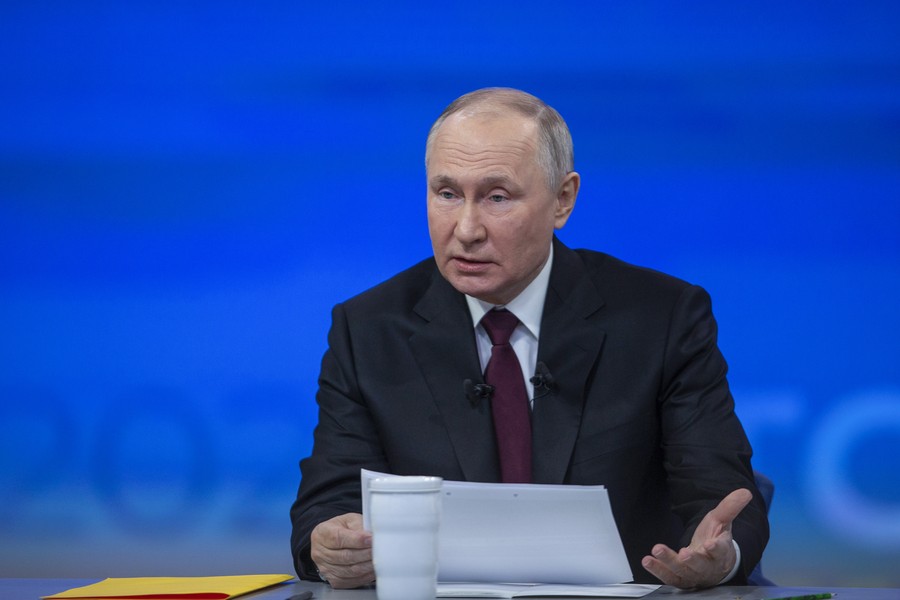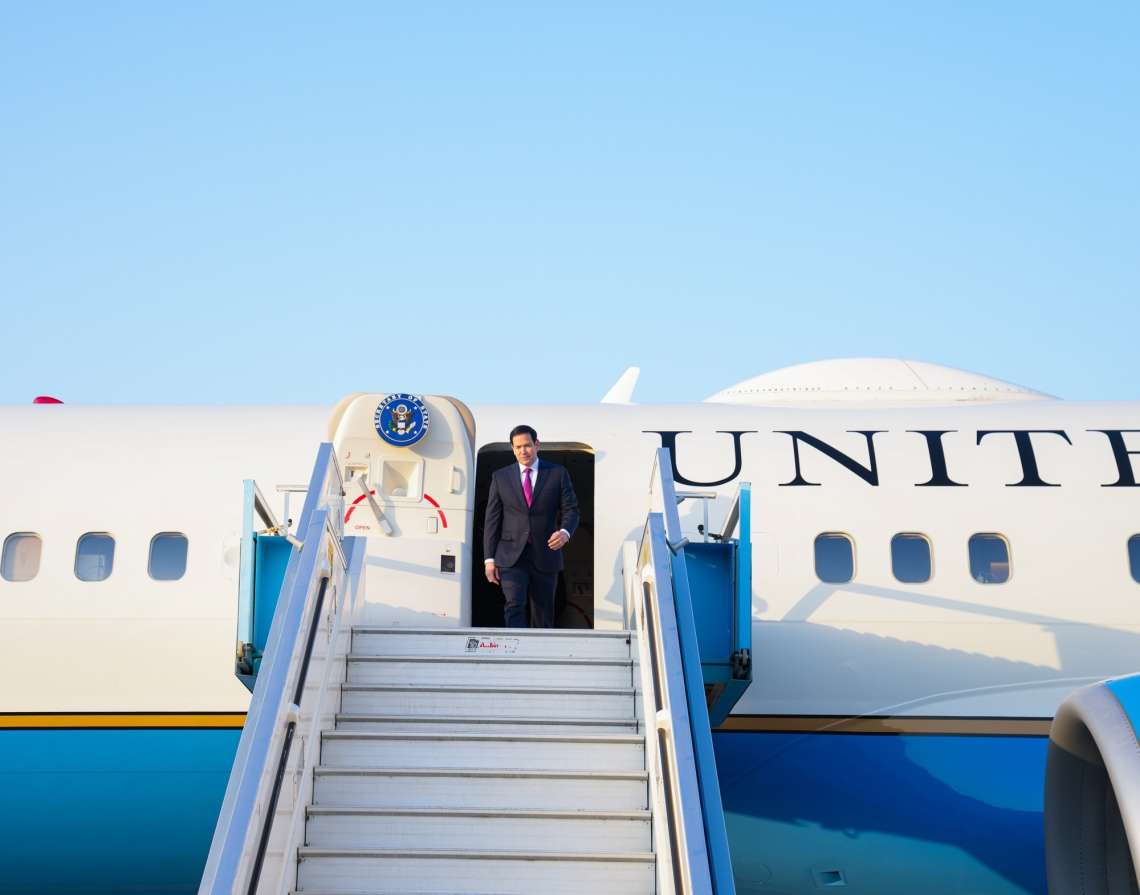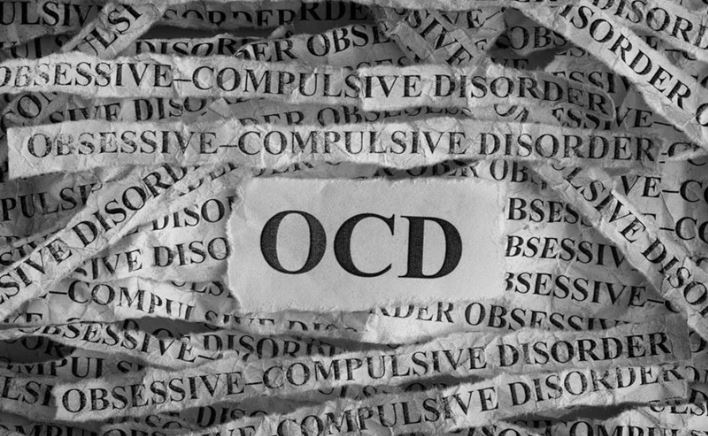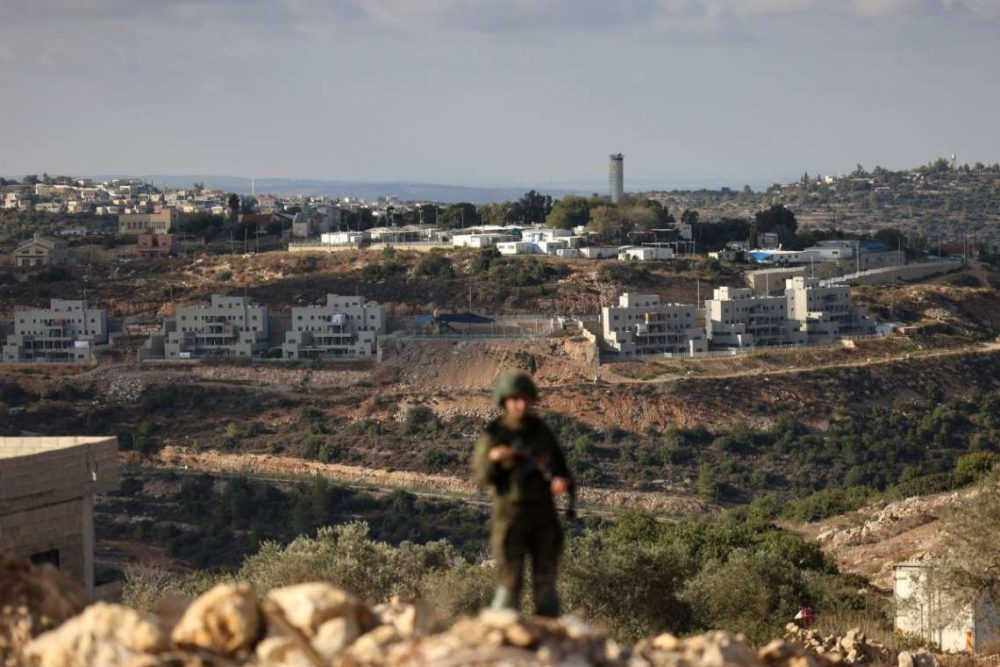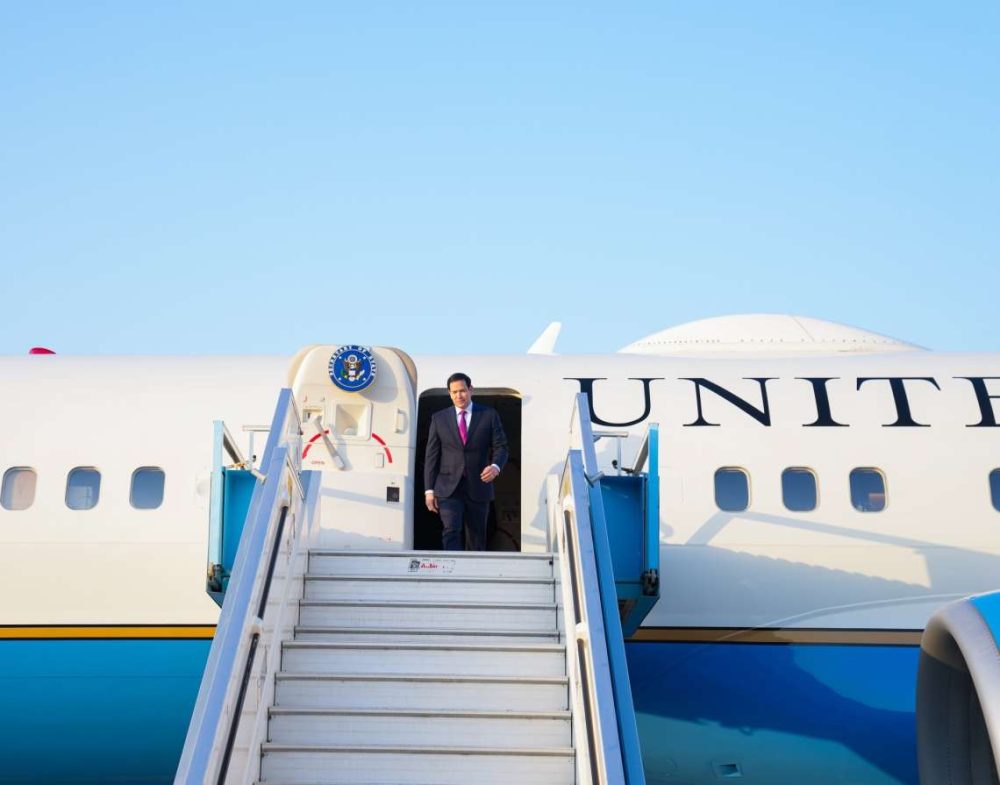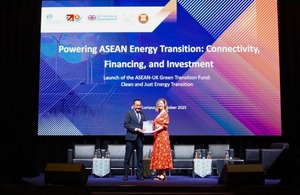On May 17, 1995, just three days after the Dalai Lama recognised him, the six-year-old Panchen Lama and his family were abducted by the Chinese Communist Party….reports Asian Lite News
U.S. Secretary of State Marco Rubio on Sunday called for the immediate release of Gedhun Choekyi Nyima, the 11th Panchen Lama, who was abducted by Chinese authorities three decades ago at the age of six.
“Gedhun Choekyi Nyima was only six years old when Chinese authorities abducted him 30 years ago. The Panchen Lama should be released immediately,” Rubio stated in a post on X, highlighting the long-standing issue of the Panchen Lama’s enforced disappearance.
On May 17, 1995, just three days after the Dalai Lama recognised him, the six-year-old Panchen Lama and his family were abducted by the Chinese Communist Party. Subsequently, Beijing appointed another child as the Panchen Lama in a clear and illegitimate attempt to exert its control over Tibetan Buddhism.
Earlier on Wednesday, the Central Tibetan Administration (CTA) renewed calls for transparency and accountability over the fate of Gedhun Choekyi Nyima, the 11th Panchen Lama.
In a statement posted on its official X account, the CTA wrote, ” On this day, May 14, 1995, His Holiness the 14th Dalai Lama officially recognised six-year-old Gedhun Choekyi Nyima as the 11th Panchen Lama of Tibet. Merely three days later, on May 17, 11th Panchen Lama and his parents were taken into custody by Chinese authorities and vanished from public view. The Chinese government later confirmed they were being held in an undisclosed location, citing concerns for their safety. Yet, for the past 30 years, Gedhun Choekyi Nyima’s whereabouts and condition have remained unknown, making him one of the world’s longest-standing cases of enforced disappearance.”
Gedhun Choekyi Nyima, born on April 25, 1989, in Lhari County, Tibet, was recognised by the 14th Dalai Lama as the 11th Panchen Lama.
The tension between Tibet and China arises from the political conflicts related to Tibet and its governance by China. Historically, Tibet operated as a sovereign state but was integrated into China in 1951 through military force.
Under the leadership of the Dalai Lama, Tibetans have been advocating for increased autonomy and the protection of their cultural, religious, and political rights. In contrast, the Chinese government views Tibet as an integral part of its territory. This contention has resulted in protests, cultural suppression, and ongoing debates about human rights and self-administration. (ANI)



